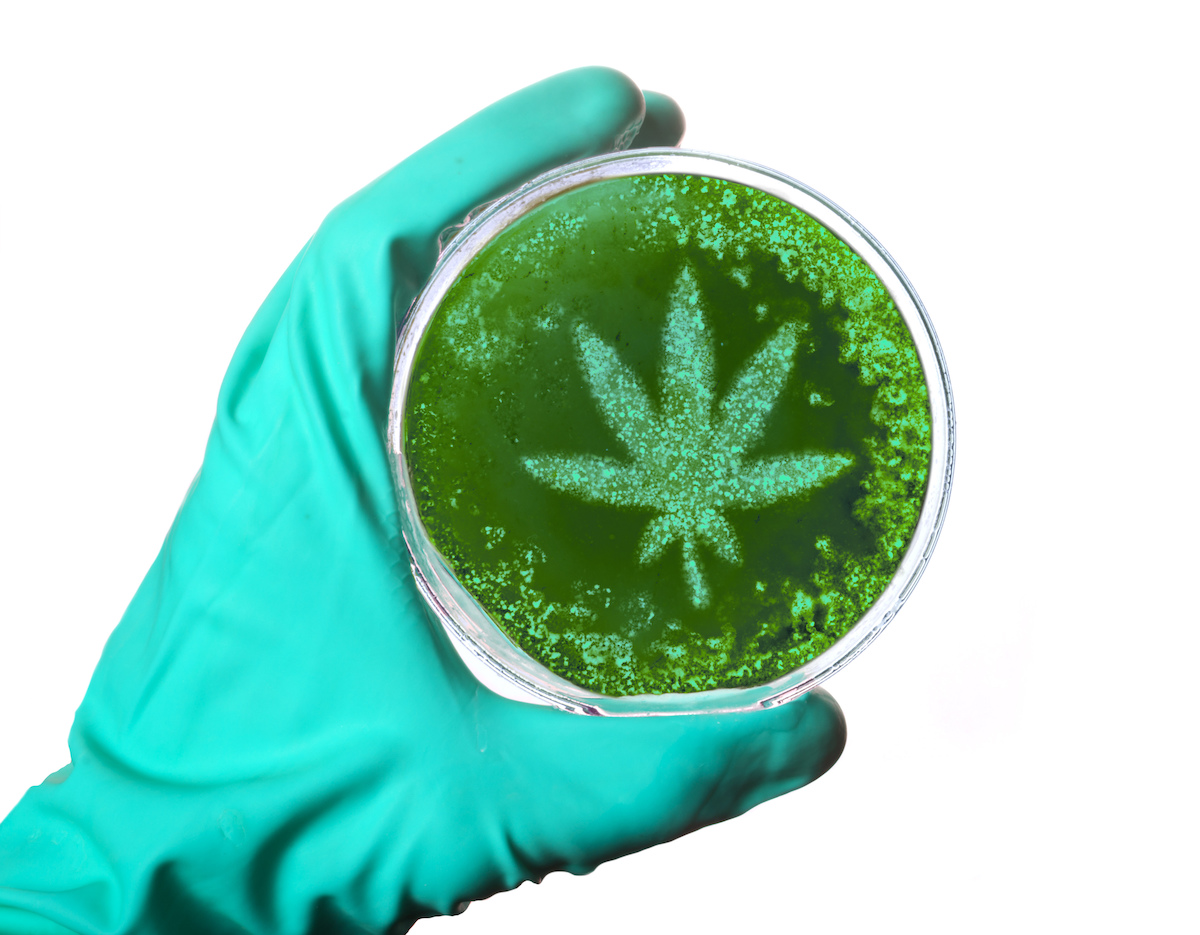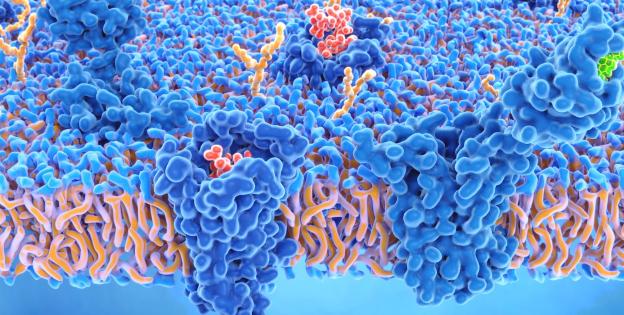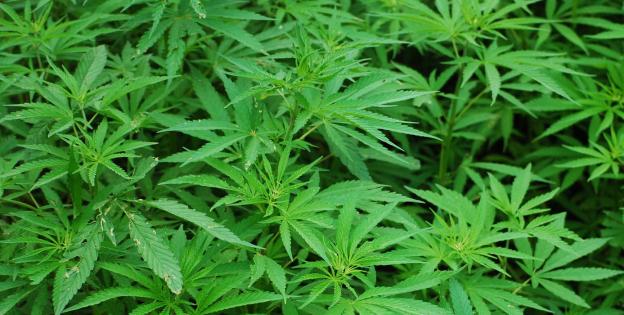- Australian researchers have found yet another medical use for cannabidiol (CBD), cannabis’ popular non-psychoactive cannabinoid.
- During the last annual meeting of the American Society for Microbiology, a study was presented that found CBD is "remarkably effective" at killing a wide variety of bacteria, including several strains that have become resistant to antibiotics.
- The experts concluded that besides helping cope with certain diseases, CBD has the potential to become one of the world’s most potent antibiotics, emerging as a new natural weapon in the war against superbugs.

Resistance to antibiotics is one of the greatest concerns of today's healthcare professionals. In 2015, the World Health Organisation referred to it as a "global health crisis", and warned that common infections that have been under control for decades now could "once again kill". Paradoxically, the renewed strength of bacteria is largely attributable to overuse of the very same antibiotics that were designed to destroy them in the first place. This is why finding new tools that can help fight infections without adding to the problem of resistance has become a top priority for medical researchers.
Some of these infections are caused by Gram-positive bacteria, which affect millions of people causing tens of thousands to die each year. Gram-positive bacteria can be recognised by the blue/violet dye they take when in a Petri dish, and include, amongst others, the strains Staphylococcus aureus, which causes staph infections especially in conditions of poor hospital hygiene, Streptococcus pneumoniae, responsible for pneumonia, and E. faecalis, which has the ability to become resistant to virtually all antibiotics currently in use and is potentially lethal to people with weakened immune systems.
There is thus an urgent need to develop new antimicrobials which can fight resistant strains in innovative ways. Cannabidiol, the main non-psychoactive cannabinoid found in cannabis, has gained a reputation for alleviating a number of conditions including epilepsy and inflammation. But while there is evidence suggesting it could also help kill bacteria, its potential as an antibiotic has not yet been sufficiently researched.
Searching for the super-antibiotic of the future
A study led by Dr Mark Blaskovich from the Institute of Molecular Bioscience of the University of Queensland, in collaboration with Botanix Pharmaceuticals Ltd., a company that investigates the topical uses of synthetic cannabidiol, has found that CBD is remarkably effective at killing a wide variety of Gram-positive bacteria, including several strains that have become resistant to other antibiotics.
The study evaluated the antimicrobial activity of synthetic cannabidiol, which is free from impurities
The authors of the study also found that cannabidiol did not lose effectiveness after prolonged treatment, retaining its activity against bacteria that have become resistant to common antibiotics. Contrary to vancomycin and daptomycin, two of the most widely used antibiotics, cannabidiol did not lead to resistance under conditions of extended exposure.
Cannabidiol was found effective also in disrupting biofilms, a form of bacteria growth that secrets membrane-forming proteins onto the skin surface and which can lead to difficult-to-treat infections. Thus, the antimicrobial activity of CBD, combined with its potential to reduce the damage caused by the body's inflammatory response, can be of particular interest.
A promising result... but only partially
However, CBD did not prove effective against Gram-negative bacteria. Rather than blue, these take light pink hues when in a Petri dish, and because they outer membrane is highly selective, they repel most medicinal substances. This is why developing antibiotics which can effectively combat them is particularly challenging. Gram negative bacteria include strains like Escherichia coli (E. coli) and Salmonella, which can lead to gastroenteritis, pneumonia and food poisoning, amongst others.
Moreover, Dr Blaskovich's study has not been peer reviewed nor published in scientific journals, and the results have only been tested in animal models under laboratory conditions, so further research is needed that examines the efficacy of CBD as an antibiotic in humans.
Privately financed topical antibiotics
As already mentioned, the study was partially funded by Botanix Pharmaceuticals, an Australian biopharmaceutical company that has developed a number of similar CBD formulations which are currently at various stages of testing in humans. Among these, the most advanced are BTX 1503 and BTX 1801, two CBD-based products developed for treating moderate to severe acne which have shown promising results in humans. Results so far suggest that BTX 1503 and 1801 can kill bacteria in a matter of just a few hours without leading to resistance as a result of prolonged treatment.
If the clinical trials are successfully completed, the new CBD formulation may qualify for FDA approval to be distributed as a topical antibiotic. In any case, the remaining stages of the study will be carried out in Australia, where legislation on cannabis research is less restrictive.
But despite the promising first results, in an interview with Live Science Dr Blaskovich recommended caution and advised users against self-medication with CBD. "It needs a lot more work to show it would be useful to treat infections in humans. It would be very dangerous to try to treat a serious infection with cannabidiol instead of one of the tried and tested antibiotics."








Comments from our readers
There are no comments yet. Would you like to be the first?
Leave a comment!Did you like this post?
Your opinion about our seeds is very important to us and can help other users a lot (your email address won't be made public).